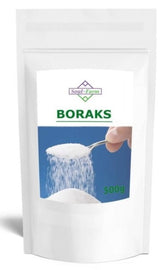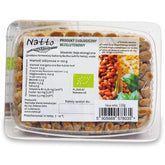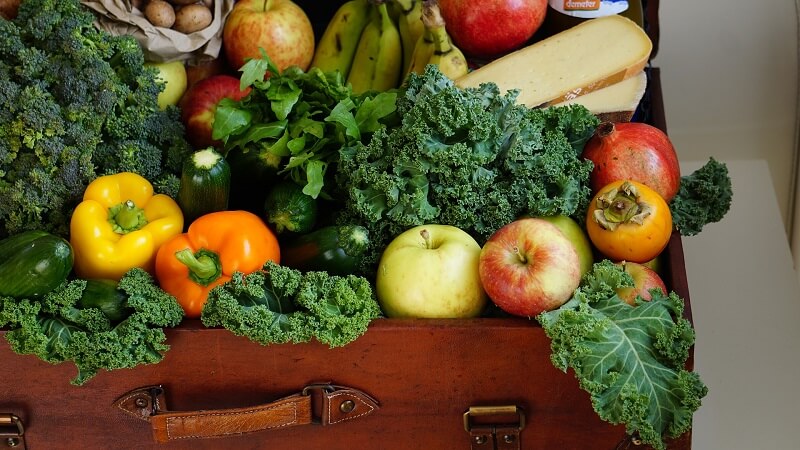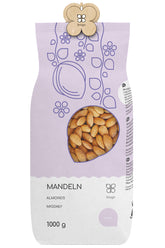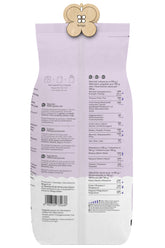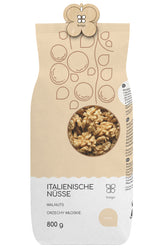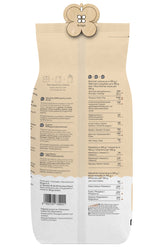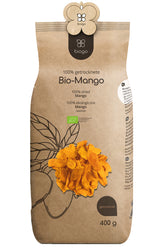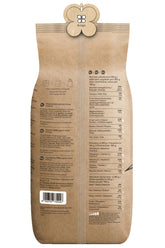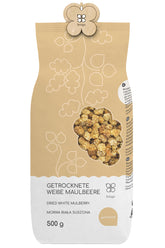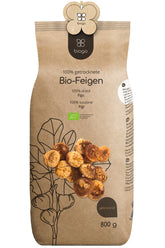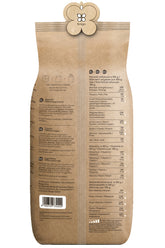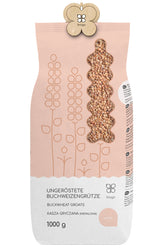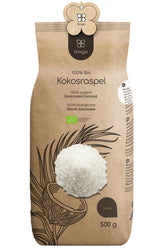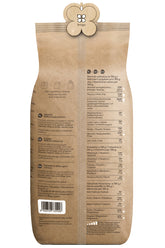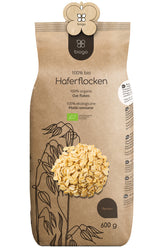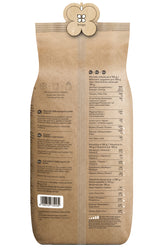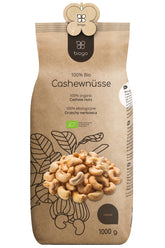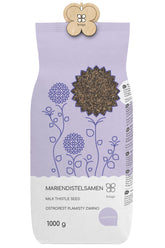Organic food – what is it? How can you tell the difference?
What are organic foods, how do you distinguish them from conventional foods and how do you avoid falling into the eco trap?
Our society is increasingly aware of the impact of proper nutrition on health, quality, and longevity. There are increasingly more "organic," "bio," and "bio" products on the food market that claim to improve our well-being, increase vitality, prevent, and even cure disease.
The shelves of health food stores are full of products that until recently seemed completely foreign to us. Today, however, for most of us, products like Spanish sage, expanded amaranth, milk thistle , Himalayan salt, and coconut oil are essential to our daily diet.
The range of products covered by the term "healthy food" is becoming increasingly broad, so what should you look for when shopping? At this point, I'd like to return to the concept of organic food.
First, let us recall that the only certificate of organic origin of a product is a corresponding certificate (white sheet on a green background).
Natural food stores usually also offer conventional products.
What do we gain by buying certified organic food?
First of all, a guarantee that no artificial fertilizers or pesticides are used in crop production, and that no antibiotics, growth hormones, or other substances designed to increase production efficiency are used in animal husbandry. Organic food must not be genetically modified, and this also applies to the feed fed to the animals.
At the next stage of processing, no artificial preservatives, stabilizers, flavor or aroma enhancers may be added to organic foods.
This means the consumer receives the least processed product, naturally rich in valuable ingredients—vitamins and minerals—but without fiber, pesticide residues, chemicals, or preservatives. This allows our body to maximize the absorption of the most valuable nutrients in the product without having to deal with detoxification and removal of harmful substances.
Organic farming also makes an important contribution to the protection of biodiversity, ensures animal welfare, high organic quality of products, does not pollute the environment, and is therefore economically and ecologically sustainable.
Take care of your health
Today, when obesity and diet-related diseases have become epidemics, the need to pay attention to the quality of our daily diet seems obvious. Choosing organically grown foods certainly goes a long way toward ensuring this. So, perhaps it's better to pay more for a good product than to buy cheaper, highly processed foods? Perhaps it will save on medication in the future? :)
THE PUBLISHER'S CHOICE
Almonds 1 kg BIOGO
- £11.00
£13.00- £11.00
- Unit price
- / per
Walnuts 800 g BIOGO
- £8.00
£10.00- £8.00
- Unit price
- / per
Dried organic mango 400 g BIOGO
- £10.00
- £10.00
- Unit price
- / per
Dried White Mulberries 500 g ORGANIC
- £6.00
£7.00- £6.00
- Unit price
- / per
Dried organic figs 800 g BIOGO
- £27.00
- £27.00
- Unit price
- / per
Unpeeled buckwheat groats 1 kg BIOGO
- £3.00
£3.00- £3.00
- Unit price
- / per
Organic coconut flakes 500 g BIOGO
- £9.00
- £9.00
- Unit price
- / per
Organic oat flakes 600 g BIOGO
- £4.00
- £4.00
- Unit price
- / per
Organic cashew nuts 1 kg BIOGO
- £18.00
- £18.00
- Unit price
- / per
Milk thistle seeds 1 kg BIOGO
- £4.00
- £4.00
- Unit price
- / per






